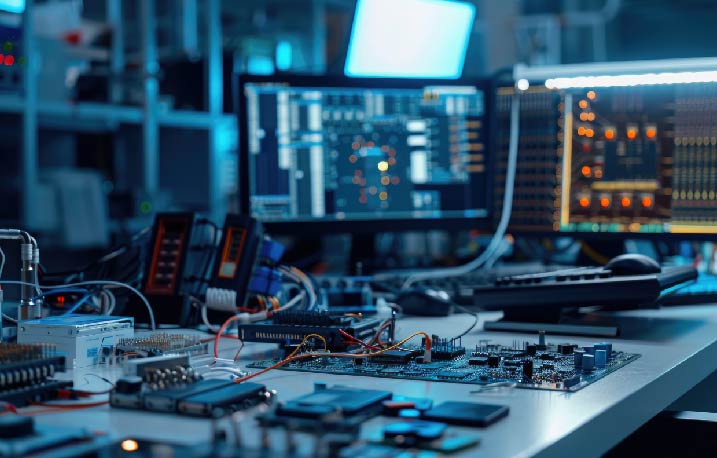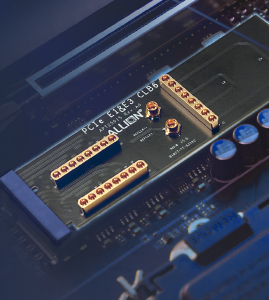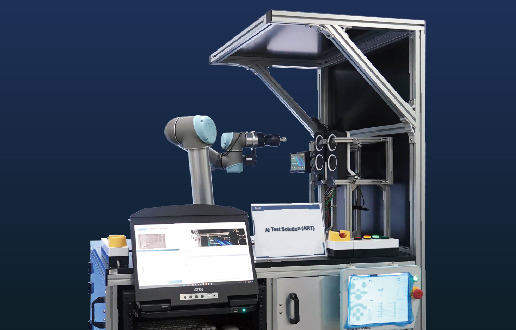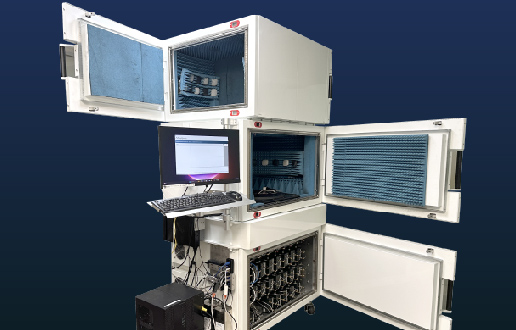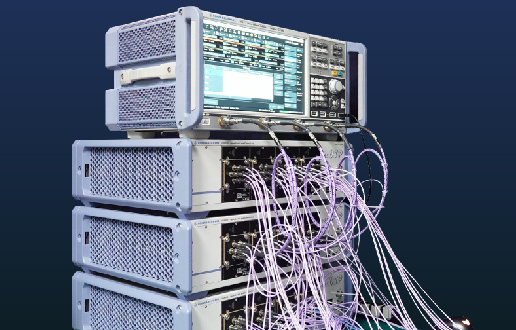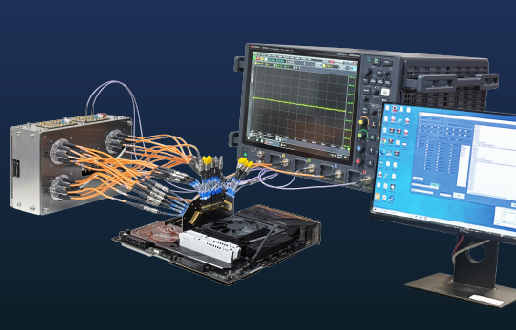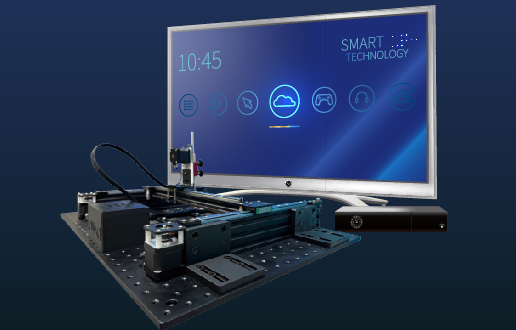Trust at Stake for Medical Staff and Patients: How Wireless Connection Quality Affects the Accuracy of Medical Data
As smart healthcare technologies rapidly evolve, hospitals are increasingly adopting voice assistants and mobile devices to help medical professional’s record patient information in real time and boost efficiency. Yet, as usage scenarios and device integrations grow more complex, system stability and the quality of wireless connections have emerged as critical challenges.
Key stakeholders in this ecosystem include:
- Developers of medical voice-recognition software
- Integrators of Hospital Information Systems(HIS)
- Manufacturers of wearable and voice-input devices
In clinical settings, physicians often rely on wireless voice-assistant devices—such as Wi-Fi/Bluetooth headsets or smart voice assistants—to enter patient notes instantly, reducing typing time and allowing them to focus on patient interaction.
However, during actual use, the following issues may occur:
- Devices fail to connect automatically
- Voice recognition is interrupted
- Recording is delayed
- Applications crash
These problems not only disrupt physicians’ workflow but can also lead to incomplete patient records, undermining diagnostic accuracy and putting the quality of medical care at risk.
Case Study: Voice-Assistant Input Failure in Wards and Consultation Rooms
In a recent project, Allion Labs assisted a healthcare product provider that faced customer complaints about voice-assistant system failures. The deployment scenario involved hospital wards and consultation rooms, where Wi-Fi/Bluetooth voice devices worked with a voice-recognition app to automatically capture both patient statements and doctors’ observations during consultations. Although the solution performed stably during acceptance testing, once rolled out, some doctors and nurses reported that the voice assistant occasionally failed to recognize inputs. This caused interruptions and even resulted in missed critical medical information. Physicians and nurses were forced to manually re-pair their devices and re-enter data.
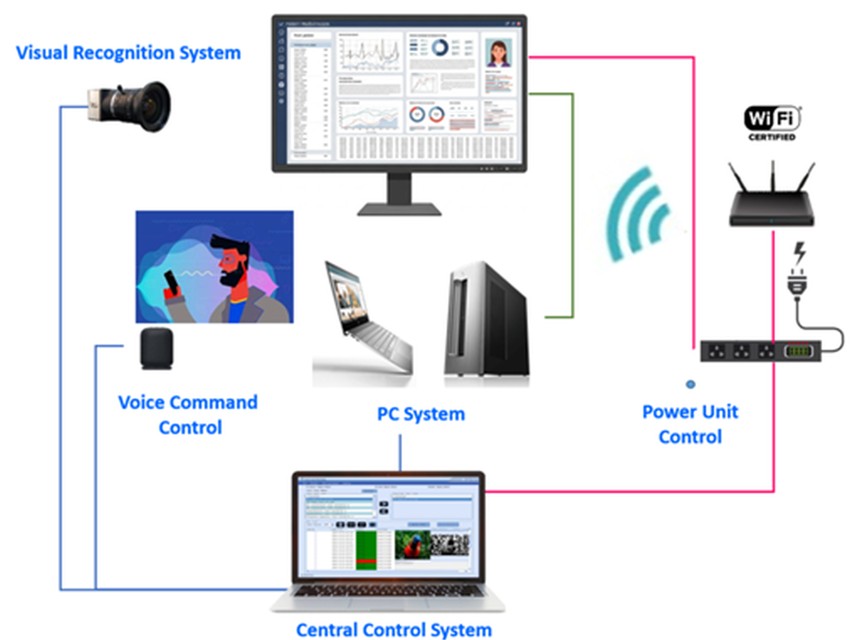
Allion DisplayAI Test Solution (Smart Medical Systems):
Environment Simulation & Issue Reproduction to Resolve Crises
The Allion consulting team quickly launched a validation plan and deployed the AV-AI automated testing platform. Within a short time, they successfully simulated the hospital environment and reproduced the problem, identifying roughly a 9% instability rate in Wi-Fi/Bluetooth connections due to surrounding wireless interference.
In the high-pressure, accuracy-driven environment of smart healthcare, such “voice-assistant connectivity instability” incidents—caused by Wi-Fi/Bluetooth voice devices—have become a critical risk scenario that cannot be ignored. Allion’s expert consultants provide Faster! Easier! Better! end-to-end consulting services to help you analyze issues and recommend the optimal solutions to safeguard your smart healthcare applications.
【Have Questions? Click Below↓】![]()

















